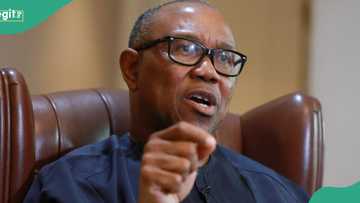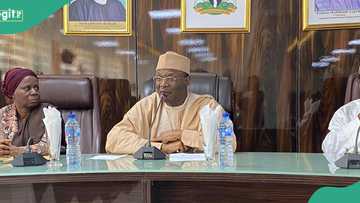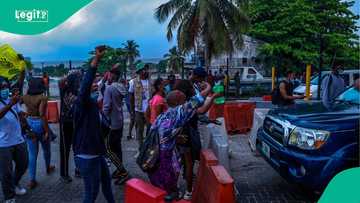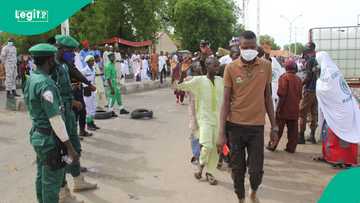When Women Lead, Nations Rise: Campaigners Fault Nigeria’s Gender Gap in Power Circles
- Women make up almost half of Nigeria's population, but remain underrepresented in politics, prompting a growing movement for gender equality
- Civil society organisations like Connected Development (CODE) and the Nigerian Women Trust Fund (NWTF) are leading efforts to push for 35% affirmative action and support more women leaders
- Despite challenges, campaigners like Hamzat Lawal are optimistic that the momentum for inclusion will reshape Nigeria’s political landscape
In a nation where women make up almost half of the population but hold a fraction of political positions, the struggle for gender equality in Nigerian politics has never been more urgent—or more hopeful.
Civil society organisations, notably the Nigerian Women Trust Fund (NWTF) and most recently Connected Development (CODE), are championing a new era of female political participation, driven by grassroots activism and a growing national consciousness.
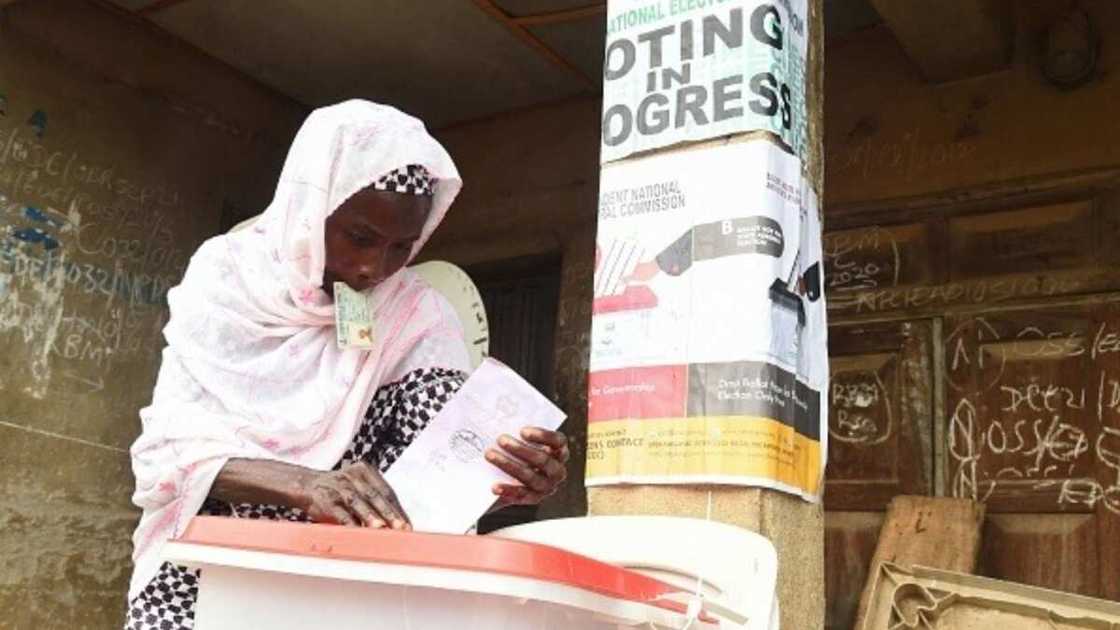
Source: Getty Images
Nigerian women are natural leaders - Lawal
In an exclusive interview, Hamzat Lawal, the CEO of Connected Development, shared his optimism and vision for the future of women in Nigeria’s political space.
"I'm excited about the call, the collective voice of campaigners and activists that gives hope that gender equality is possible.
"Integrating women into politics and decision-making is necessary because this would ensure the collective interest of the Nigerian people," Lawal said.
According to Lawal, Nigerian women are natural leaders who prioritise issues that resonate with the general public, including healthcare, education, access to clean water, and economic empowerment. These are, he argues, not just 'women’s issues' but critical pillars for national development.
“The political terrain is full of men who muscle their way in and push women to the sidelines,” he said. “I think they're scared because they know that women are selfless and focus on issues that affect everyone.”
Despite the male-dominated political environment, Lawal sees a shift on the horizon. He cites better organisation among women and civil society, as well as rising public awareness, as signs of progress.
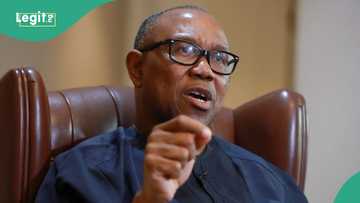
Read also
“Why Nigeria has more poor people than China, Indonesia, Vietnam combined,” Peter Obi speaks
“Women make up over 50% of our population. This number is power, and we must use it to negotiate their rightful place in Nigerian democracy,” he emphasised.
Campaigners push for 35% affirmative action
One of the most pivotal forces in this shift is the Nigerian Women Trust Fund (NWTF), a nonprofit organisation that has played a strategic role in advocating for the 35% affirmative action policy.
This policy calls for women to occupy at least 35% of appointive and elective political positions. Through advocacy, research, capacity building, and strategic partnerships, the NWTF has worked tirelessly to dismantle structural barriers that prevent women from participating fully in governance.
The NWTF has also supported female aspirants by providing policy analysis and training to better equip them for political competition. Their role extends beyond elections — they advocate for women’s voices in policy formulation and governance at all levels.
Other civil society organisations like the Women Advocates Research and Documentation Centre (WARDC), Yiaga Africa, and the ElectHER’s initiatives have also been pivotal in mobilising young women and creating platforms for them to lead. From legal battles for inclusion to public campaigns that call out discriminatory practices, these groups are sustaining the momentum.
Together, these organisations are amplifying a crucial message: affirmative action is not tokenism, but a necessary corrective measure to decades of exclusion.
Lawal insisted that “women are taking back their place naturally, occupying their spaces and agencies and ensuring their voices matter.”
Legal efforts have also strengthened the campaign. In 2022, a Federal High Court in Abuja ruled in favour of the Nigerian women’s movement, mandating the federal government to implement the 35% affirmative action. The ruling was celebrated as a landmark victory and a call to action for the executive and legislative arms to make good on the constitutional promise of equality.
But the journey is far from over.
Despite the legal win and increasing advocacy, women currently hold less than 10% of elected positions in Nigeria. In the 2023 general elections, only 4% of those elected to the National Assembly were women — a disappointing statistic, given the significant number of female candidates and voters.
Still, the spirit of the movement remains undeterred. Lawal believes that the momentum being built now will pay off in the near future.
“There’s hope. We must continue to hold onto our hope for what we believe in. We must also work towards actualising this hope that ensures inclusivity,” Lawal stated.
This includes fostering alliances across gender lines, mentoring a new generation of female political leaders, and continuing to challenge societal norms that confine women to the background.
As Nigeria moves toward the next election cycle, the voices of women, from urban centres to rural communities, are becoming louder, clearer, and more united. And with the backing of dedicated civil society organisations and bold leaders like Lawal, the dream of an inclusive democracy may finally be within reach.
NGO launches project to empower women
Earlier, Legit.ng reported that a non-profit organisation in Abuja, the Ark and Rainbow Development Foundation (ARDF), had introduced the SHAPPE Project, an initiative aimed at empowering women and youth in peacebuilding and environmental protection.
The project, titled Strengthening Her Aspirations for Peace-building and Protecting the Environment, is supported by the Rotary Club of Ithaca, New York, through the Rotary Peace International Service Grant.
PAY ATTENTION: Сheck out news that is picked exactly for YOU ➡️ find the “Recommended for you” block on the home page and enjoy!
Source: Legit.ng


